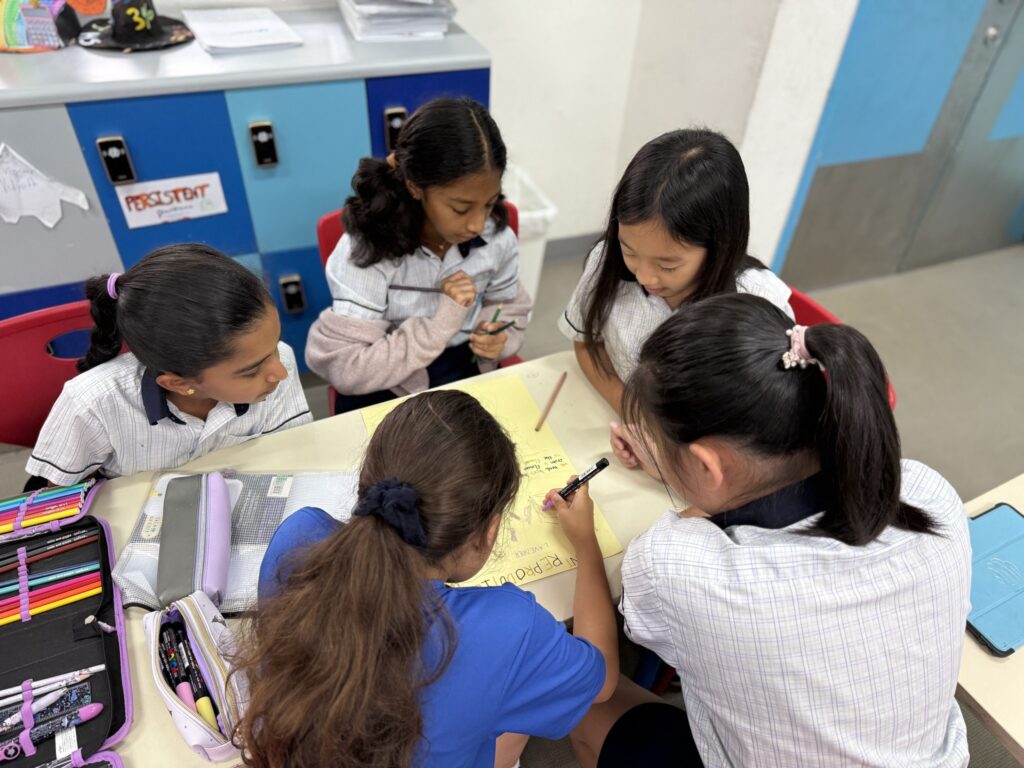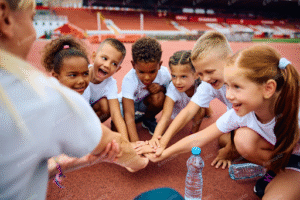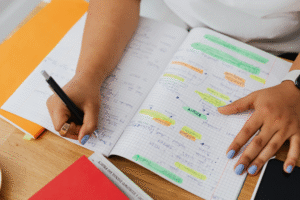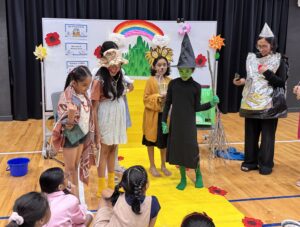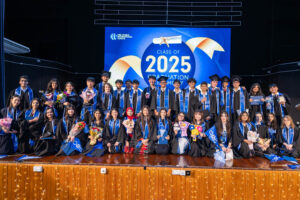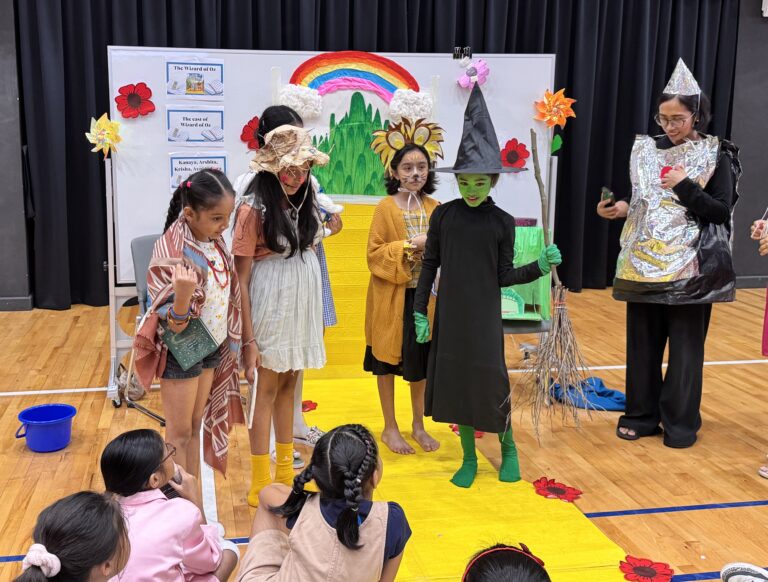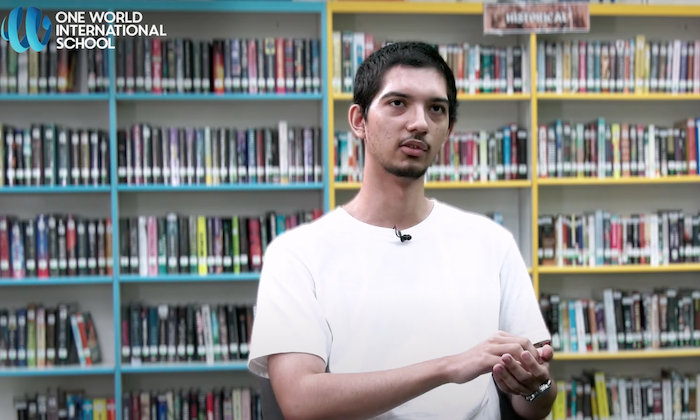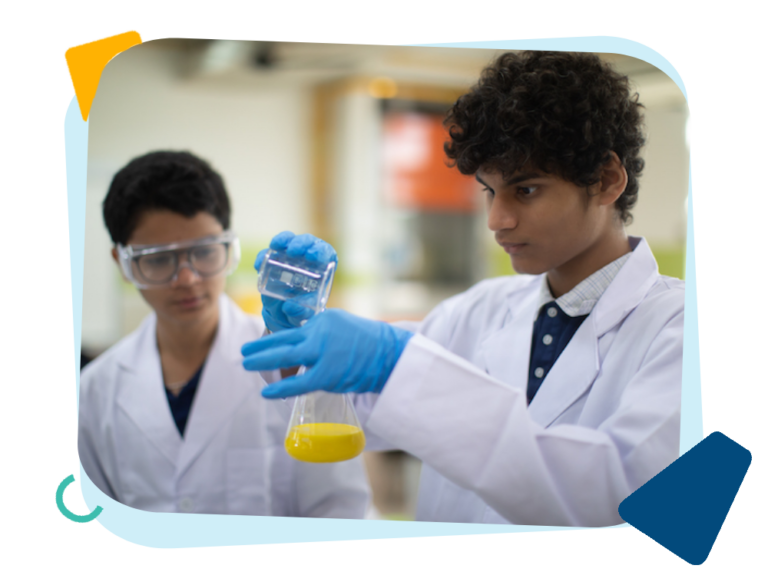Group projects are a common feature of modern education, designed to encourage students to work together towards a shared goal. These collaborative assignments aim to develop essential skills beyond traditional textbook learning.
The shift towards collaborative learning environments reflects the increasing importance of teamwork in today’s world. Preparing students to work effectively in groups is crucial for their success in higher education and future careers, where collaboration is often the norm.
At One World International School (OWIS) in Singapore, we are committed to fostering collaborative skills in our primary and secondary school students. We believe that learning to work effectively in groups is a key aspect of their holistic development.
Why Are Group Projects Important?
Group projects are so widely used in education that it is easy to overlook their significant benefits for students. While they may sometimes seem challenging, group assignments play a vital role in developing skills essential for success in school and beyond.
Some of the key benefits of project-based learning for students include:
- Developing collaborative skills: Group projects provide valuable opportunities to hone students’ collaborative skills, such as communication, delegation, and conflict resolution. These skills are directly transferable to real-world scenarios and future careers, where effective teamplay is highly prized.
- Enhancing critical thinking and problem-solving: When students work in groups, they are exposed to diverse perspectives and ideas. By exercising their cycle of inquiry, group projects can stimulate critical thinking as they evaluate different viewpoints and work together to find creative solutions to problems.
- Promoting active learning: Group projects encourage active participation and enhance student engagement. By actively contributing to the group’s efforts, students take ownership of their learning and develop a deeper understanding of the subject matter.
Various Roles in Group Projects
The Leader
The group leader takes charge of the group, facilitating discussions, assigning tasks, and driving decisions to keep the project on schedule. As a point of contact with the teacher, the role adds an element of accountability, encouraging them to guide the group effectively.
A leader’s success hinges on sharp communication and decisive action. They must clearly articulate project goals, delegate tasks effectively, and navigate any potential disagreements within the team.
The Researcher
The researcher’s task is to gather and analyse the information that fuels the project. This means identifying credible sources, conducting research, and presenting findings for the group’s use. In lower secondary and primary school, this might involve simpler information-gathering, such as collecting classroom data or finding age-appropriate online resources.
Because of how the role is played out, researcher roles will develop Information literacy and the ability to critically evaluate sources. Students need to learn how to distinguish between credible and unreliable information to ensure the accuracy and validity of their project.
The Writer/Editor
The writer/editor shoulders the responsibility of compiling and refining the project’s written output. This may include drafting reports, crafting presentations, and ensuring all written materials are clear, concise, and error-free. Done right, the group can achieve a polished and professional final product.
Clear communication and meticulous attention to detail are crucial for this role. The writer/editor must be able to synthesise information from various sources and present it in a coherent and engaging manner.
The Presenter
On presentation day, presenters will step forward to communicate the group’s work to an audience. But before that, they will have to prepare and practise to ensure their presentation effectively conveys the project’s key messages.
Compelling public speaking skills and the ability to create visually engaging aids are indispensable for the presenter. They must captivate the audience, articulate complex information with clarity, and confidently address any questions.
The Timekeeper
The timekeeper plays a vital role in keeping the group on track with deadlines and time management. This involves creating a schedule, monitoring progress, and ensuring that tasks are completed on time. The timekeeper helps the group stay organised and focused.
Strong organisational and prioritisation skills are essential for the timekeeper. They must be able to break down the project into manageable tasks, allocate time effectively, and anticipate potential delays.
Common Challenges in Group Projects
While group projects offer numerous benefits, it’s important to acknowledge that they can also present certain challenges, regardless of students’ age. Understanding these potential hurdles allows educators and students to proactively address them and ensure a positive collaborative experience.
Some common issues that groups may encounter:
- Unequal contribution between members: This can manifest in different ways at different levels. In primary school, it might be one child dominating the activity, while in secondary school, it could be some students not pulling their weight on research or writing tasks.
- Conflicting schedules and time management: Primary students might struggle with time management during their project meetings , while secondary students face the pressures of balancing multiple subjects and co-curricular activities.
- Communication barriers: In primary school, students might have difficulty expressing ideas clearly or listening respectfully, while in secondary school, it could involve disagreements about approaches or interpretations of information.
Strategies to Deal with the Challenges
Establish Clear Expectations and Roles
Defining roles and responsibilities at the outset of a project is essential for setting the stage for effective teamwork.
When each group member understands their tasks and contributions, it prevents confusion and ensures that everyone is accountable for their part. Clear expectations also minimise misunderstandings about workload distribution and individual responsibilities.
Foster Open and Respectful Communication
Creating a safe and supportive environment for open and honest communication lays the groundwork for a productive group dynamic:
- In primary school, teachers might facilitate this by establishing classroom rules for listening and sharing.
- In secondary school, students can be encouraged to use structured communication techniques like active listening and paraphrasing.
When students feel comfortable expressing their ideas and concerns, it fosters trust and encourages active participation.
Develop a Detailed Project Plan
A well-defined project plan serves as a roadmap for the group, helping them stay organised and on track throughout the project. At the primary level, the project plan can instead be a simple checklist.
As students progress in their academic years, this plan will develop into a timeline, assigning tasks to individual members and establishing clear milestones.
A project plan provides structure, facilitates progress monitoring, and helps the group anticipate and address potential roadblocks.
Utilise Collaborative Tools and Technologies
Younger students can start sharing pictures, and as they go on, teachers can introduce online platforms and group documents. Video conferencing can also help to bridge gaps in organising discussions.
By utilising these resources, groups can improve efficiency, overcome geographical barriers, and foster a more connected and collaborative workflow.
Collaborative Learning at OWIS
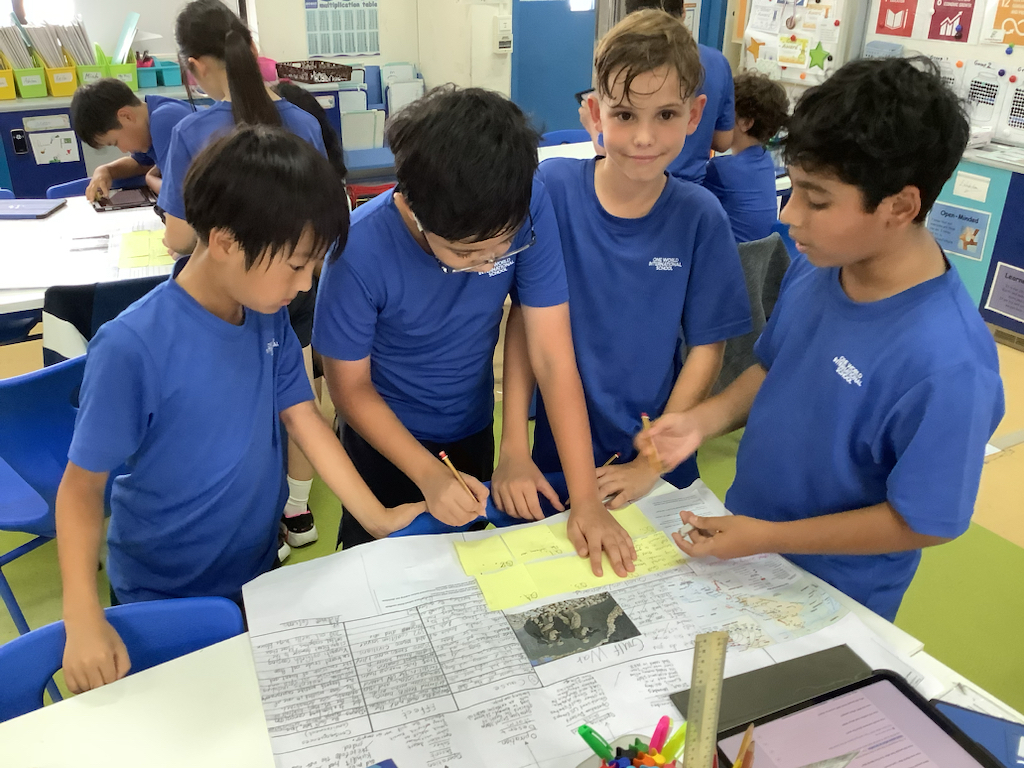
Effective collaboration goes beyond simply completing a task together; it lays a foundation for students’ academic journey and future success. By equipping students with the skills to communicate effectively, solve problems creatively, and work together harmoniously, we empower them to thrive in today’s world.
Beyond the classroom, the school environment also plays a crucial role in shaping students’ collaborative abilities. Therefore, as a leading international school in Singapore, OWIS prioritises the development of these skills through various teaching strategies and approaches across all our grade levels.
From early childhood learning activities to complex secondary school projects, these approaches enable our teachers to guide your children in project planning, facilitate group discussions, and provide constructive feedback, giving them the support they need to accomplish group work.
If you’re keen to learn more about our teaching methodologies at our international primary school and international secondary school, schedule a campus tour to explore our premises and see how we foster collaboration at OWIS.
